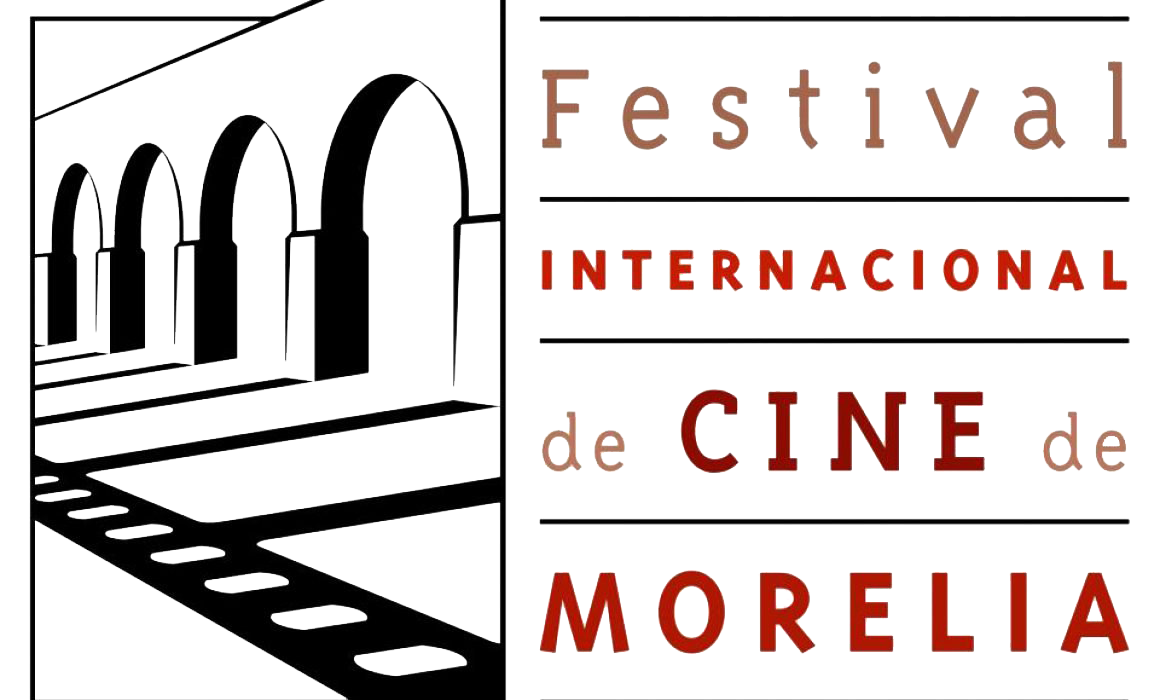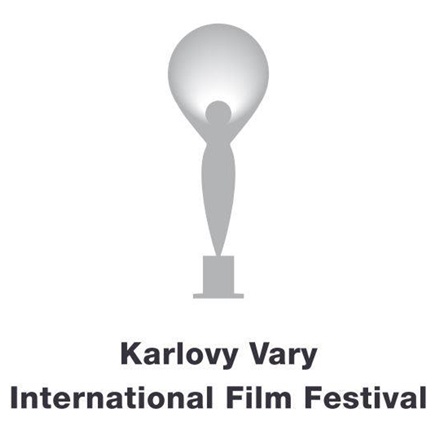17th Zurich Film Festival
Switzerland
09/23/2021
36th Guadalajara Film Festival
Mexico
10/01/2021
40th Vancouver International Film Festival
Canada
10/02/2021
58th Antalya Golden Orange Film Festival
Turkey
10/02/2021
26th Busan International Film Festival
South Korea
10/06/2021
65th BFI London Film Festival 2021
UK
10/06/2021
37th Warsaw International Film Festival
Poland
10/08/2021
65th Valladolid International Film Festival
Spain
10/23/2021
International Leipzig Festival for Documentary and Animated Film
Germany
10/25/2021
Tallinn Black Nights Film Festival
Estonia
11/12/2021
36th Mar del Plata International Film Festival
Argentina
11/18/2021
43rd Cairo International Film Festival
Egypt
12/01/2021
1st Red Sea International Film Festival
Saudi Arabia
12/06/2021
32nd Tromsø International Film Festival
Norway
01/17/2022
Sundance Film Festival
USA
01/20/2022
18th Glasgow Film Festival
UK
03/02/2022
53rd International Film Festival Nyon - Visions du Réel
Switzerland
04/07/2022
21st Tribeca Festival
USA
06/08/2022
29th Oldenburg International Film Festival
Germany
09/14/2022
Transilvania International Film Festival
Romania
Sarajevo Film Festival
Bosnia and Herzegovina
46th Hong Kong French Film Festival
China
Buenos Aires International Independent Film Festival
Argentina
Jerusalem Film Festival
Israel
Awards Corner
- for
Alcarras (Spain, Italy)
Director: Carla Simon - Silver Bear for
The Novelist's Film (South Korea)
Director: Hong Sang-soo - Silver Bear for
Robe of Gems (Mexico)
Director: Natalia Lopez Gallardo - Silver Bear for
Both Sides of the Blade (France)
Director: Claire Denis - Silver Bear for
Rabiye Kurnaz vs. George W. Bush (Germany, France)
Meltem Kaptan - Silver Bear for
Nana | Before, Now & Then (Indonesia)
Laura Basuki - Silver Bear for
Rabiye Kurnaz vs. George W. Bush (Germany, France)
Laila Stieler - Silver Bear for
Everything Will Be OK (Cambodia, France)
Director: Rithy Panh













